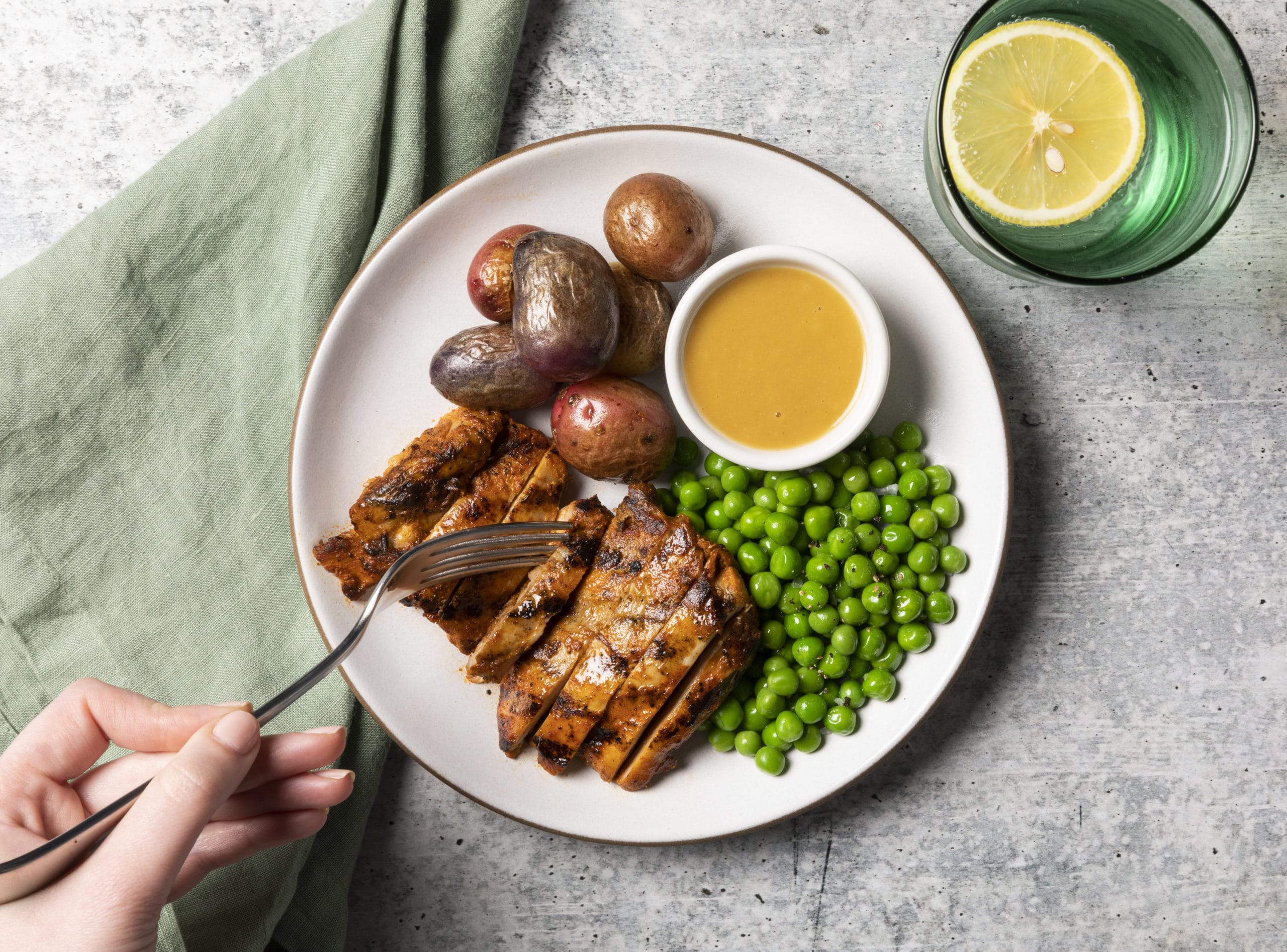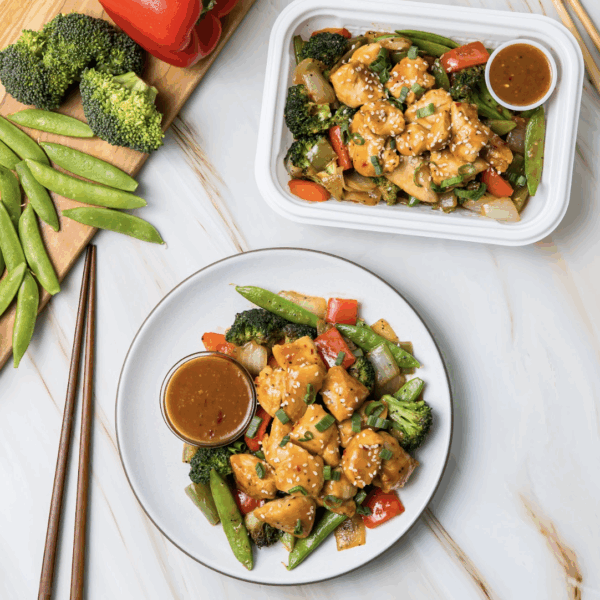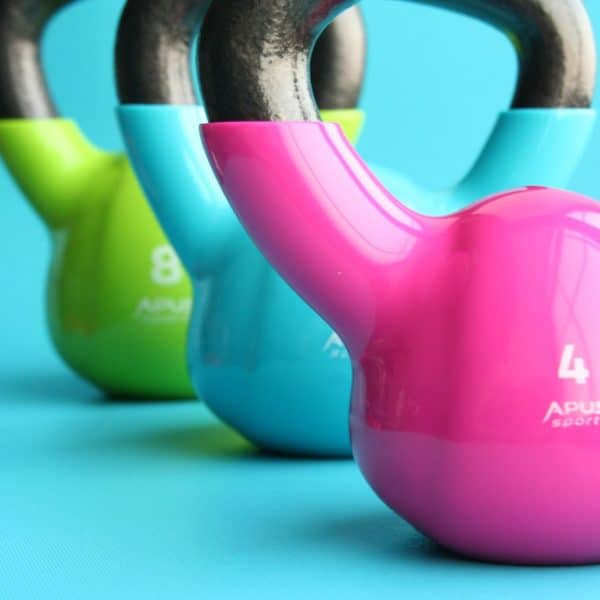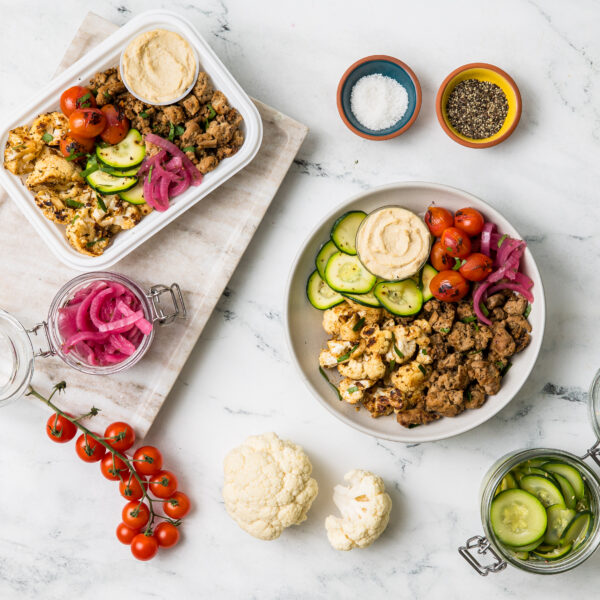Here at Snap Kitchen, we often refer to building a balanced plate as one of the pillars of an overall healthy lifestyle. Your typical balanced plate includes a healthy mix of protein, carbohydrates, and fats. And while many people have differing opinions on almost all things nutrition, there’s no disputing the science around the importance of incorporating protein into our diets
But do you really know why protein is so good for you? Today, we’re going to discuss just that.
1. Protein Helps You Manage Your Hunger Levels
If you’re a snacker, you know how this goes. Protein is one of the harder macros to take care of, simply because cooking and eating carbs and fat is so freaking easy. Noodles, cheese, milk, yogurt, granola bars are easy to eat, especially when you’re in a pinch. But protein is a little harder since you generally have to cook it until it reaches a safe temperature. If you’re an omnivore, you’re eating proteins like fish, eggs, chicken, beef, pork, etc. If you’re a vegetarian, you likely rely on protein sources like nuts, seeds, beans, and other legumes, and soy.
But we promise, spending the extra time to prep and cook your proteins is worth it. In fact, those that eat more protein experience fullness for longer periods, and a reduction in cravings. According to one study, “increasing protein intake from 15% to 30% of calories made overweight women eat 441 fewer calories each day without intentionally restricting anything.”
Additionally, when it comes to cravings, one study showed that, when they increased their protein intake by 25 percent of calories, overweight men were able to reduce their hunger cravings by up to 60% and also decrease their desire to snack at night by up to 50%.
How cool is that?
2. Protein is Great For Your Bones and Muscles
Many long-term studies actually show that people who consistently eat balanced amounts of protein are able to maintain bone mass better as they age—showing a reduction in hip fractures and instances of osteoporosis.
Additionally, protein is the building block of your muscles. There are many studies that show the higher the daily protein intake, the better muscle gains you can experience when exercising or losing weight.
Of course, it’s all relative. According to one recent study,
“For untrained individuals, consuming supplemental protein likely has no impact on lean mass and muscle strength during the initial weeks of resistance training. However, as the duration, frequency, and volume of resistance training increase, protein supplementation may promote muscle hypertrophy and enhance gains in muscle strength in both untrained and trained individuals. Evidence also suggests that protein supplementation may accelerate gains in both aerobic and anaerobic power.”
3. Protein May Help Lower Your Blood Pressure
High blood pressure can be a scary thing. It increases your risk of stroke, heart attack, and diabetes.
Thankfully, protein might be able to help with that.
Protein has been shown to reduce both LDL and HDL cholesterol levels, blood pressure, and triglycerides.
“In a review of 40 controlled trials, increased protein lowered systolic blood pressure (the top number of a reading) by 1.76 mm Hg on average and diastolic blood pressure (the bottom number of a reading) by 1.15 mm Hg”.
We love to see it.
4. Protein Helps Boost Metabolism and Maintain Weight Loss
There are many things that help boost your metabolism—namely exercise and eating enough food. Eating boosts your metabolism quickly, but temporarily. And eating certain foods can actually cause you to burn more calories overall, boosting your metabolism in the process. There’s actually a name for this process: the Thermic Effect of Food.
In fact, protein has a higher thermic effect than its fat or carb counterparts: 20-35 percent.
So how does this look in terms of calories? One study shows us that “High protein intake has been shown to significantly boost metabolism and increase the number of calories you burn. This can amount to 80–100 more calories burned each day”.
You still don’t believe us? When studied altogether, “overweight women who ate 30% of their calories from protein lost 11 pounds (5 kg) in 12 weeks”, even without dietary restrictions.
What’s your favorite protein to cook and add to meals? Let us know in the comments!





Leave a Reply
No Comments